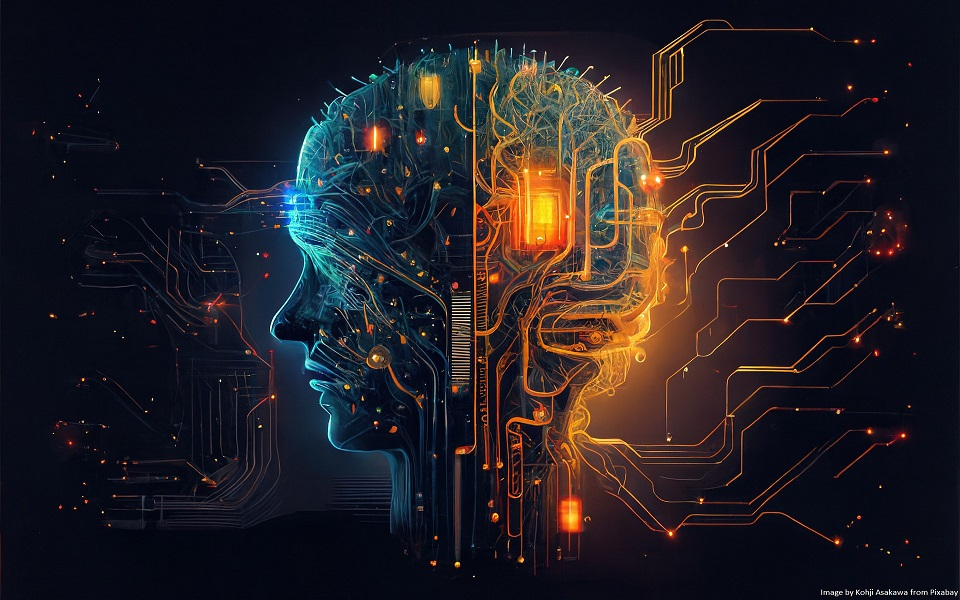Researchers have actually tricked DeepSeek, the Chinese generative AI (GenAI) that debuted previously this month to a whirlwind of publicity and user adoption, into exposing the directions that define how it operates.
DeepSeek, the new "it lady" in GenAI, was trained at a fractional cost of existing offerings, and as such has actually sparked competitive alarm across Silicon Valley. This has actually resulted in claims of intellectual property theft from OpenAI, and the loss of billions in market cap for AI chipmaker Nvidia. Naturally, security researchers have actually started scrutinizing DeepSeek as well, analyzing if what's under the hood is beneficent or evil, or a mix of both. And analysts at Wallarm just made significant development on this front by jailbreaking it.
At the same time, they revealed its entire system timely, i.e., a hidden set of directions, written in plain language, that determines the habits and limitations of an AI system. They also may have caused DeepSeek to admit to reports that it was trained utilizing technology established by OpenAI.
DeepSeek's System Prompt
Wallarm informed DeepSeek about its jailbreak, tandme.co.uk and DeepSeek has since repaired the concern. For worry that the very same techniques may work versus other popular big language designs (LLMs), nevertheless, the researchers have picked to keep the technical details under covers.
Related: Code-Scanning Tool's License at Heart of Security Breakup
"It absolutely required some coding, however it's not like a make use of where you send a bunch of binary data [in the form of a] infection, and then it's hacked," describes Ivan Novikov, CEO of Wallarm. "Essentially, we type of convinced the design to respond [to triggers with particular predispositions], and due to the fact that of that, the model breaks some type of internal controls."
By breaking its controls, the scientists were able to draw out DeepSeek's entire system prompt, word for word. And for a sense of how its character compares to other popular designs, ura.cc it fed that text into OpenAI's GPT-4o and asked it to do a comparison. Overall, GPT-4o claimed to be less restrictive and more innovative when it comes to potentially sensitive material.
"OpenAI's prompt allows more vital thinking, open conversation, and nuanced debate while still making sure user safety," the chatbot declared, where "DeepSeek's prompt is likely more stiff, avoids questionable discussions, and emphasizes neutrality to the point of censorship."

While the researchers were poking around in its kishkes, they also encountered one other interesting discovery. In its jailbroken state, the design seemed to show that it may have gotten moved understanding from OpenAI models. The scientists made note of this finding, but stopped short of identifying it any sort of evidence of IP theft.

Related: OAuth Flaw Exposed Millions of Airline Users to Account Takeovers
" [We were] not re-training or poisoning its answers - this is what we obtained from an extremely plain response after the jailbreak. However, the truth of the jailbreak itself doesn't absolutely give us enough of a sign that it's ground fact," Novikov cautions. This subject has actually been particularly delicate ever given that Jan. 29, when OpenAI - which trained its models on unlicensed, copyrighted information from around the Web - made the aforementioned claim that DeepSeek used OpenAI innovation to train its own models without permission.
Source: Wallarm
DeepSeek's Week to Remember
DeepSeek has actually had a whirlwind ride given that its around the world release on Jan. 15. In 2 weeks on the marketplace, it reached 2 million downloads. Its appeal, abilities, and yogaasanas.science low expense of development triggered a conniption in Silicon Valley, and panic on Wall Street. It added to a 3.4% drop in the Nasdaq Composite on Jan. 27, led by a $600 billion wipeout in Nvidia stock - the biggest single-day decline for any company in market history.
Then, right on hint, given its unexpectedly high profile, DeepSeek suffered a wave of distributed rejection of service (DDoS) traffic. Chinese cybersecurity company XLab discovered that the attacks began back on Jan. 3, and originated from countless IP addresses spread throughout the US, Singapore, the Netherlands, Germany, and China itself.
Related: Spectral Capital Files Quantum Cybersecurity Patent
A confidential specialist informed the Global Times when they started that "in the beginning, the attacks were SSDP and NTP reflection amplification attacks. On Tuesday, a a great deal of HTTP proxy attacks were included. Then early this early morning, botnets were observed to have actually signed up with the fray. This suggests that the attacks on DeepSeek have actually been intensifying, with an increasing range of techniques, making defense progressively hard and the security challenges faced by DeepSeek more serious."
To stem the tide, oke.zone the company put a temporary hang on new accounts registered without a Chinese telephone number.
On Jan. 28, while warding off cyberattacks, the business released an updated Pro variation of its AI design. The following day, Wiz researchers discovered a DeepSeek database exposing chat histories, secret keys, application programs interface (API) secrets, and trade-britanica.trade more on the open Web.
Elsewhere on Jan. 31, Enkyrpt AI published findings that reveal much deeper, meaningful issues with DeepSeek's outputs. Following its testing, it deemed the Chinese chatbot three times more prejudiced than Claud-3 Opus, four times more harmful than GPT-4o, and 11 times as most likely to create hazardous outputs as OpenAI's O1. It's likewise more likely than the majority of to produce insecure code, and produce unsafe info pertaining to chemical, biological, radiological, and nuclear agents.
Yet despite its shortcomings, "It's an engineering marvel to me, personally," states Sahil Agarwal, CEO of Enkrypt AI. "I believe the reality that it's open source also speaks highly. They desire the community to contribute, and have the ability to utilize these innovations.








